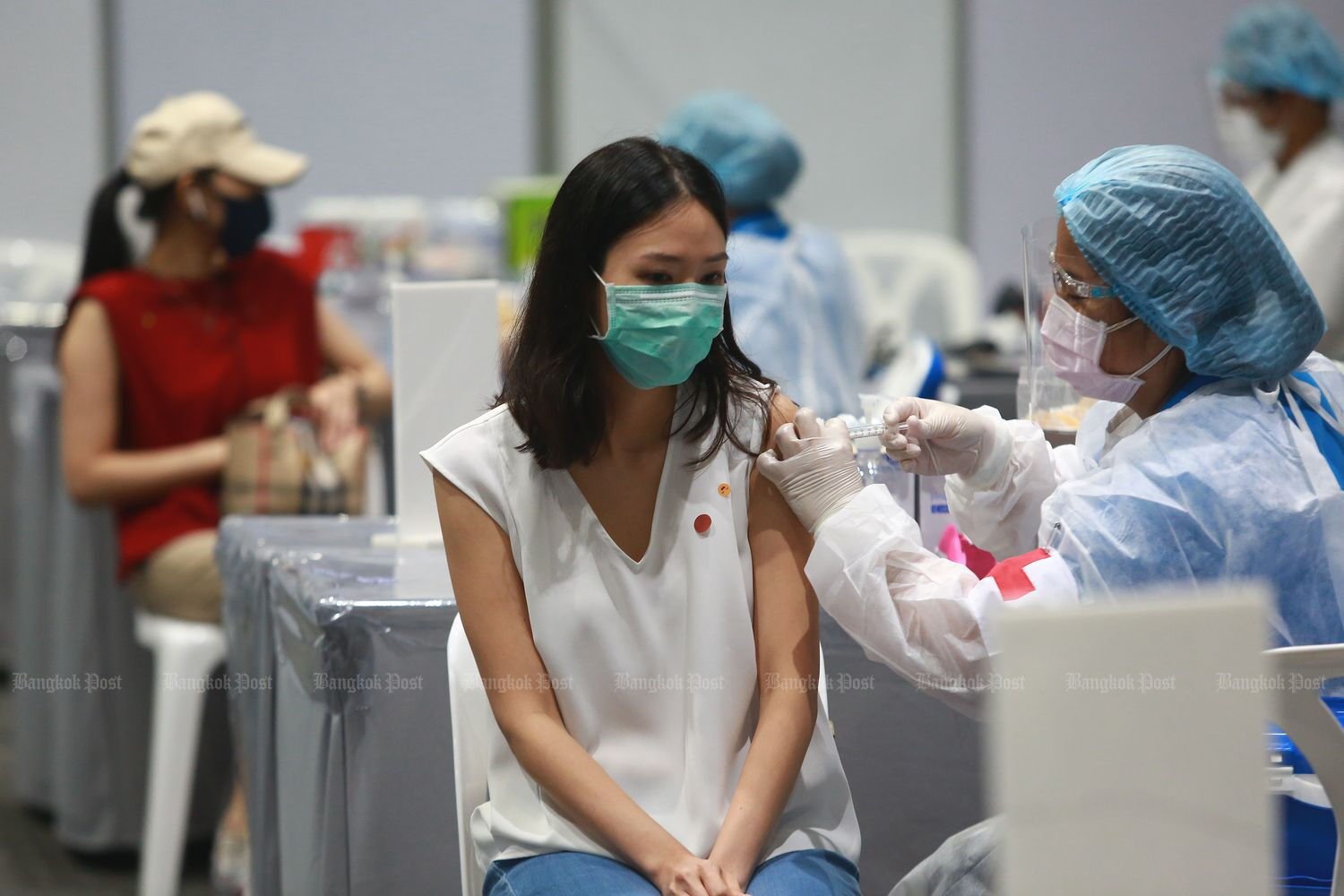Thai Red Cross clarifies blood donation charges are for service not sale

The Thai Red Cross Society’s National Blood Centre clarified that the blood donated and subsequently delivered across the nation’s hospitals is not up for sale. However, recipients are required to cover a service fee.
This clarification came to light via the National Blood Centre’s website in response to a Facebook post claiming the Thai Red Cross Society was profiting from blood donations by having hospitals charge recipients 2,100 baht per bag of blood.
Denouncing the Facebook message as a misrepresentation of facts, the centre clarified that the 2,100 baht fee was not for the blood itself, but rather a service charge. This charge, stipulated by the Comptroller General’s Department, is put in place to cover various expenses. These expenses include the cost of blood bags, test tubes, solutions required for blood group tests, blood separation, laboratory usage, storage, and quality control measures.
The centre further explained that this practice aligns with the guiding principles of the World Health Organisation and the International Red Cross, which are aimed at eradicating the commercialisation of blood.
Thailand has strict laws on blood donation regarding criteria for foreigners who would like to donate blood.
Latest Thailand News
Follow The Thaiger on Google News:


























